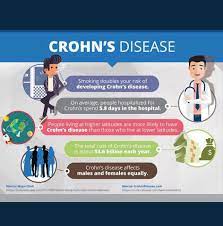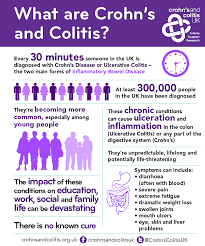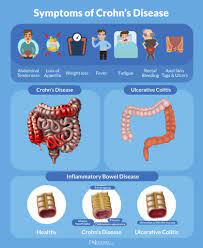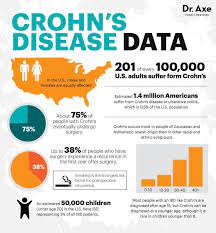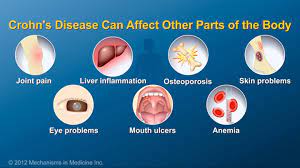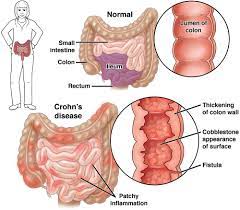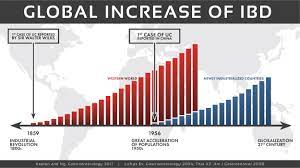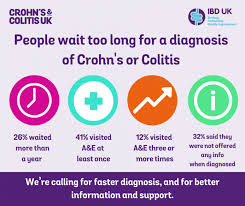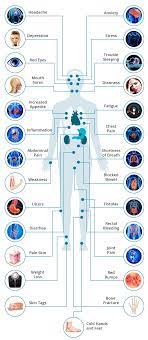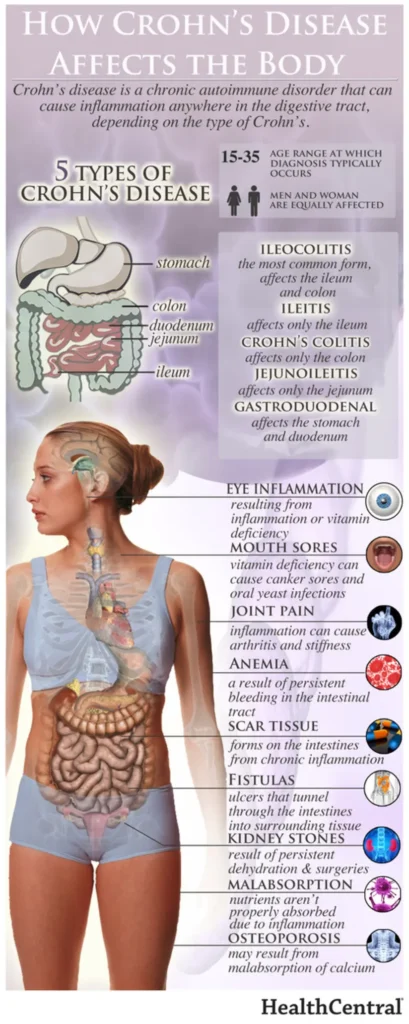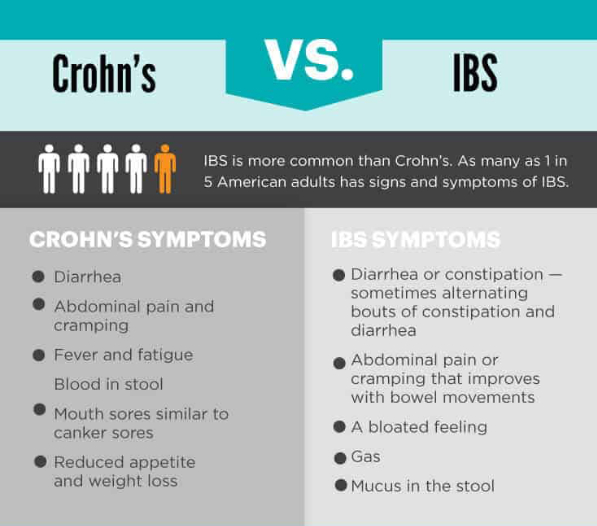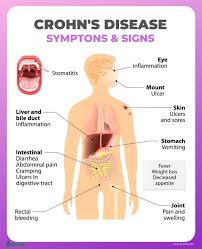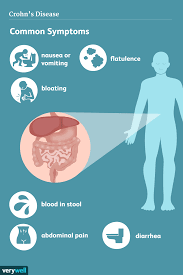New imaging study finds evidence that emotion regulation is not always the most effective strategy to mitigate suicidal ideation

Depressed individuals who reflexively attempt to dampen their initial emotional responses to reminders of their negative memories have a low tolerance for distressing emotional stimuli in general and may respond to stress in their daily lives with greater upticks in suicidal thoughts. A new study examined the relationship of the engagement of emotion regulation to real-world responses to stress in order to better understand stress-related increases in suicide risk in depression.



